James D. Shaffer
Bio-Info
Biographical Information
James D. Shaffer was born in Indiana, Pennsylvania and raised in Michigan. He served in the U.S. Navy in World War II, 1943-46. Throughout most of his professional career at Michigan State University, he held variable appointments including teaching, research, extension, consulting and public service. Upon retirement in 1997 he completed 50 years of service from the time he first taught at MSU an introductory course, Economics 101, in the fall of 47 as an economics graduate assistant. Over his career his major interests were in market behavior, institutions and policies; applied social science; consumer analysis; and marketing in economic development.
He became well known as an intellectual leader and a truly innovative scholar in the agricultural economics profession. Not content with conventional economic theory and its application to contemporary economic problems, he constantly sought new approaches to the solution of difficult social problems. He was unusually creative in drawing upon ideas and concepts being developed in several social sciences. Through his extensive writing, teaching, and interaction with other professionals he has stimulated and influenced policies and programs in food system organization and public policy.
Shaffer’s career reflects a strong commitment to the missions of the USDA/land grant university system. Early in his career, Shaffer attracted attention for his pioneering work on consumer behavior and demand for food. He worked closely with Dr. Gerald Quackenbush in the development and operation of the MSU Consumer Panel which served as a basis for many publications on food purchasing patterns and the socioeconomic factors underlying the demand for food.
In the 1960s, his research interests shifted toward policy questions in the organization and performance of the U.S. food system. He became a national leader in developing new approaches to marketing research. His 1968 working paper concerning publicly supported economic research in agricultural marketing stood the test of time as a major issue-raising paper. That document and related papers dealing with marketing, institutional obsolescence, and innovation have had a significant influence on research programs within the USDA/land grant system.
Shaffer also played a major role in the highly regarded national research program, “Organization and Control of the U.S. Food Production and Distribution System” (NC-117). He shared in the 1980 AAEA award recognizing professional excellence for distinguished policy contributions through that project. During the 1970s, Shaffer’s research emphasized three areas; (a) organizational arrangements to facilitate farmers’ bargaining with buyers of their products, (b) the problems of reorganizing railroad services in Michigan, and (c) policies and programs to improve marketing system organization in developing countries.
He applied his research in extension and public service in Michigan, serving as chairman of the Michigan Agricultural Marketing and Bargaining Board and the Michigan Railroad Advisory Council. Shaffer’s extension activities included farm and food policy, but he has also contributed to programs concerning the problems of rural communities and their governments. He served as director of a grant-supported Center for Rural Manpower and Public Affairs and was primarily responsible for developing a successful in-service training program in public affairs.
Shaffer’s professional career included a significant international dimension as an active advisor and mentor in a series of Michigan State University food marketing and food security research projects. He served as a consultant to applied research and policy outreach activities in twenty five countries.
Shaffer also gave strong, continuing leadership to the undergraduate and graduate teaching programs at Michigan State University. He chaired the committee which developed a new undergraduate public affairs management curriculum, including the development and teaching of its introductory course. He was on countless graduate student advisory committees, and was major professor for over 58 students. Former graduate students and colleagues in research and outreach projects around the world regard Shaffer as an outstanding teacher who stimulated and challenged them to apply theory, analytical tools, and relevant data in creative ways. His Socratic method of teaching and personal example motivated students and colleagues to explore new areas and undertake research on difficult, but real, problems. He also played an important role in local community affairs, serving 7 years as president of the East Lansing School Board.
Students
Student Mentoring
Teaching Experience
- Professor Shaffer taught major graduate courses dealing with institutions, behavrior and performance, and developed new undergraduate applied policy courses. He gave strong, continuing leadership to the undergraduate and graduate teaching programs at Michigan State University. He chaired the committee which developed a new undergraduate public affairs management curriculum, including the development and teaching of its introductory course. He was on countless graduate student advisory committees, and was major professor for over 58 students. Former graduate students and colleagues in research and outreach projects around the world regard Shaffer as an outstanding teacher who stimulated and challenged them to apply theory, analytical tools, and relevant data in creative ways. His Socratic method of teaching and personal example motivated students and colleagues to explore new areas and undertake research on difficult, but real, problems.
Pubs Online
- MSU Library
- AgEcon Search
- Historical Literature of Agriculture (Cornell Library)
- USAID Developing Experience Clearing House
- JSTORE author - search
- Books World Cat
Notable Docs/Pres
- James Shaffer discussings his proposed wage supplement approach to the working poor and the unemployed. Video. Oct, 2010.
- Retirement Seminar Paper. Institutions, Organizations and Food Systems Performance: Observations From Over The Hill. 1997-1. James D. Shaffer
- Over the Hill Seminar, Overheads and Pictures. 1997-2. James D. Shaffer
- Reflections on the Professional Contributions of James D. Shaffer in National Programs of Food System Organization and Performance. 2000. By Paul Ferris at AAEA Fellows Retrospective Appreciation Seminar, Organized Symposia Session 8. University of Florida.
- Energy: An Environmental and Economic Dilemma-Seminar 4: Developing an Energy Policy. 1977. By James Shaffer, Raymond Vlasin, William Cooper, and Herman Koenig. MSU Extension Publication E1176.
- The Scientific Industrialization of the U.S. Food and Fiber Sector-Background for Market Policy. 1968. James D. Shaffer. North Central Research Paper-20-68. In Ohio State University Series on the Modern Industrial Economy.
- A Working Paper Concerning Publicly Supported Economic Research in Agricultural Marketing. 1968. James D. Shaffer. Economic Research Service.
Projects
- Food Security II Cooperative Agreement
- Food Security in Africa Cooperative Agreement
- Kellogg International Fellows Program in Food Systems (KIFP/FS). [1985 - 1992]
- Costa Rica Agricultural Marketing – LAMP Country Study. [1972 - 1976]
- Korean Agricultural Sector Simulation Model. [1971 – 1973]
- Korean Agricultural Sector Study (KASS) - Adapting and Testing of Agricultural Simulation Models to Sector Analysis. [1971 – 1976]
- Market Coordination in the Development of the Cauca Valley Region of Colombia – LAMP Country Study. [1968 - 1970]
- Food Marketing in the Economic Development of Puerto Rico - LAMP Country Study. [1965 - 1966]
- Latin American Market Planning Program (LAMP) - Summary. [1965 - 1974]
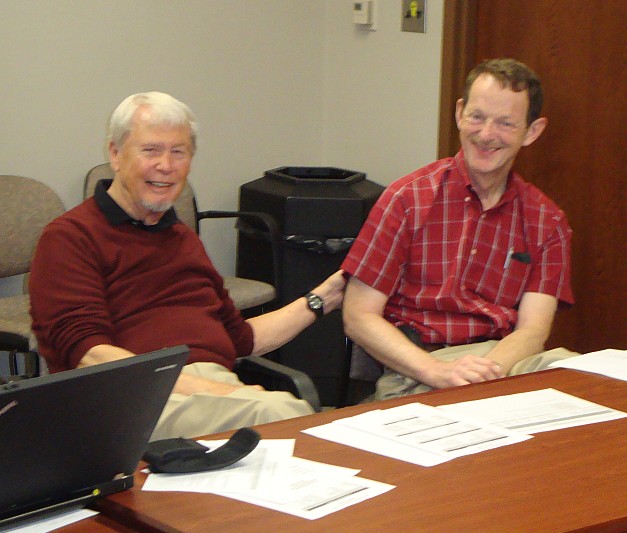
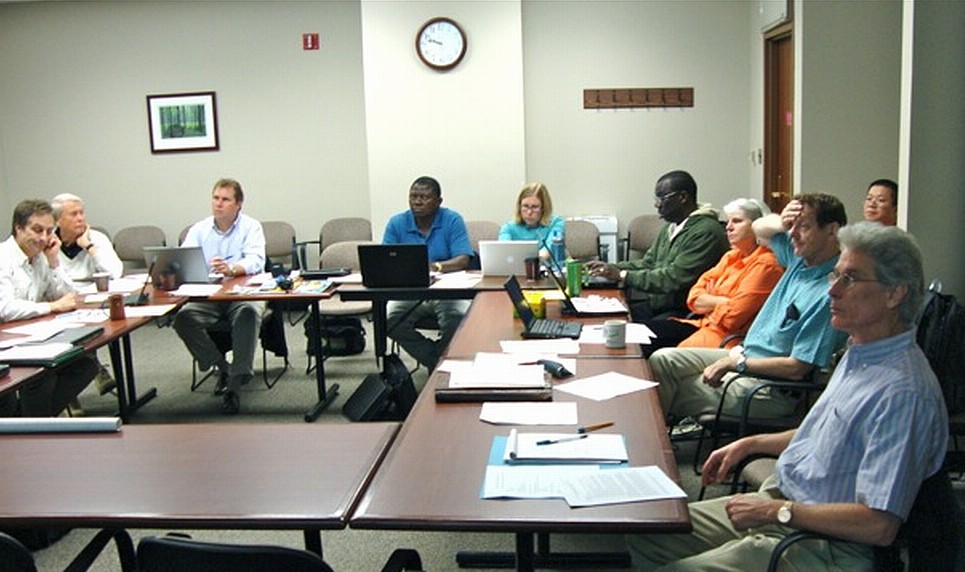
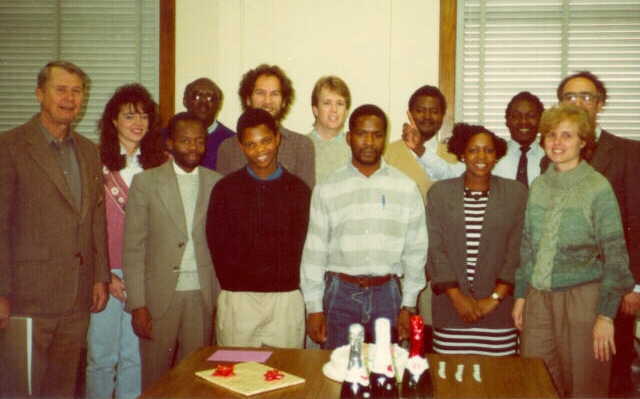
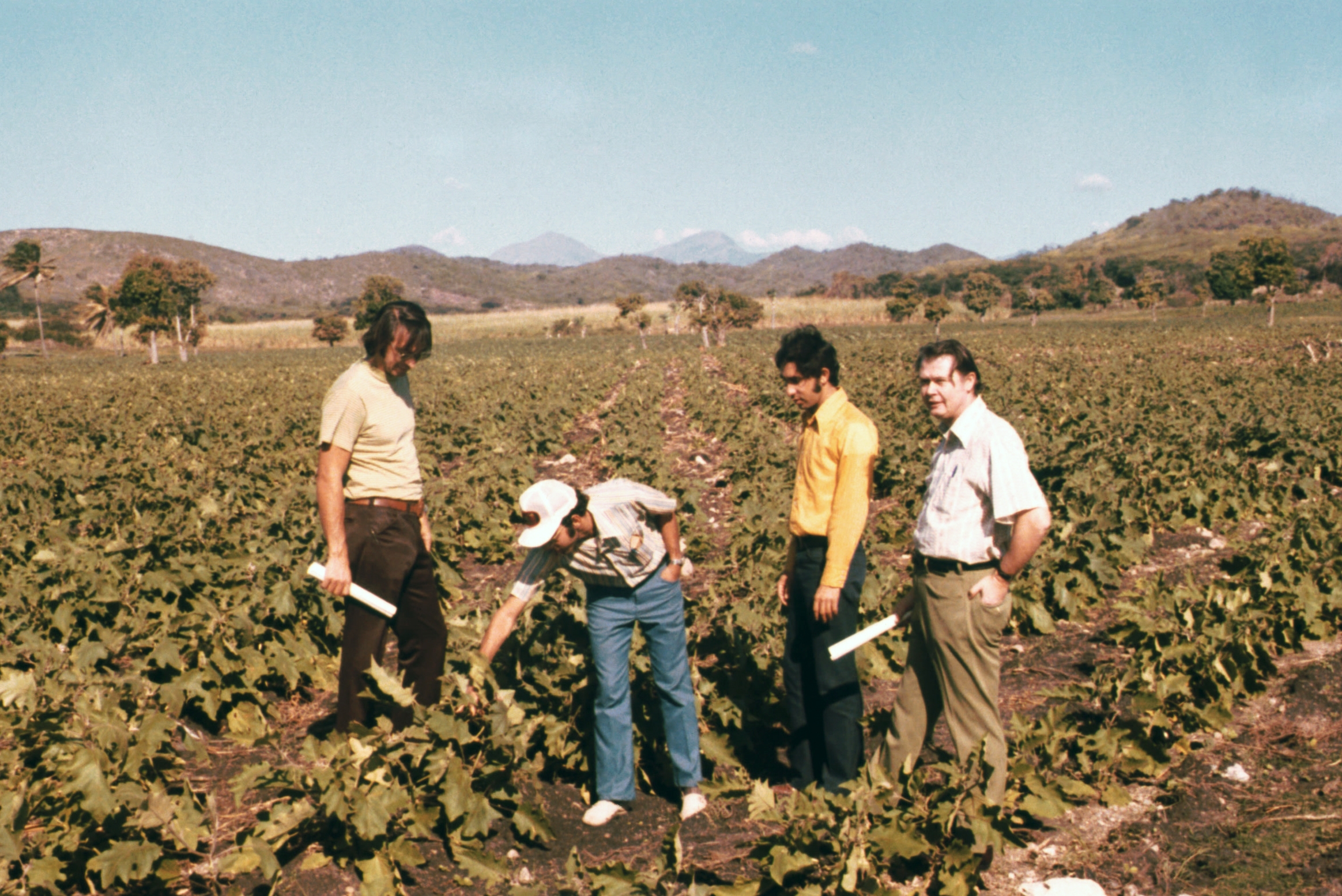
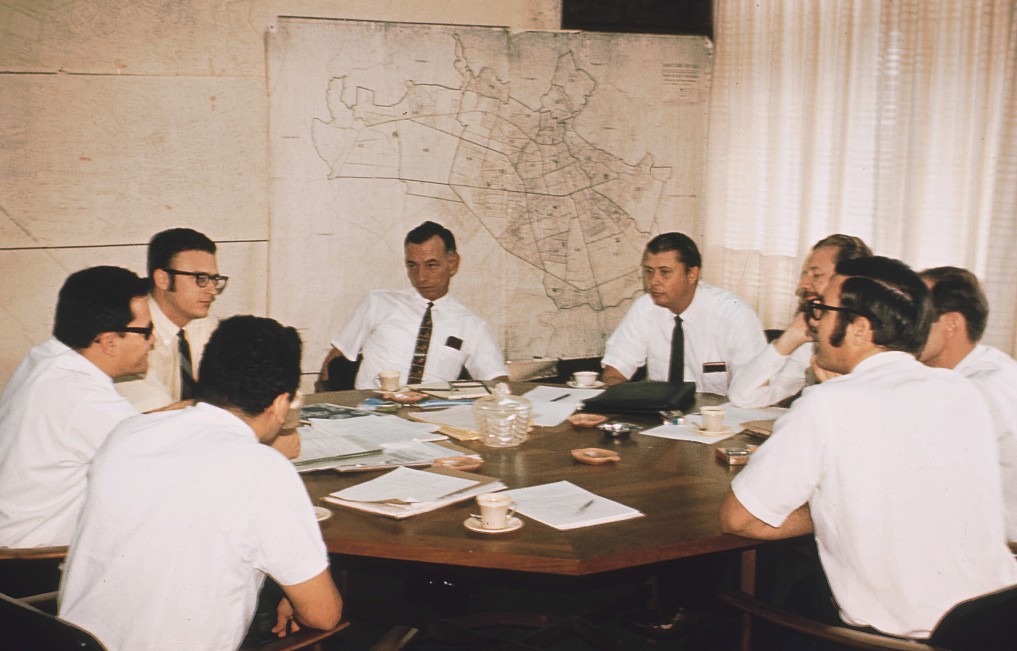




 Print
Print Email
Email